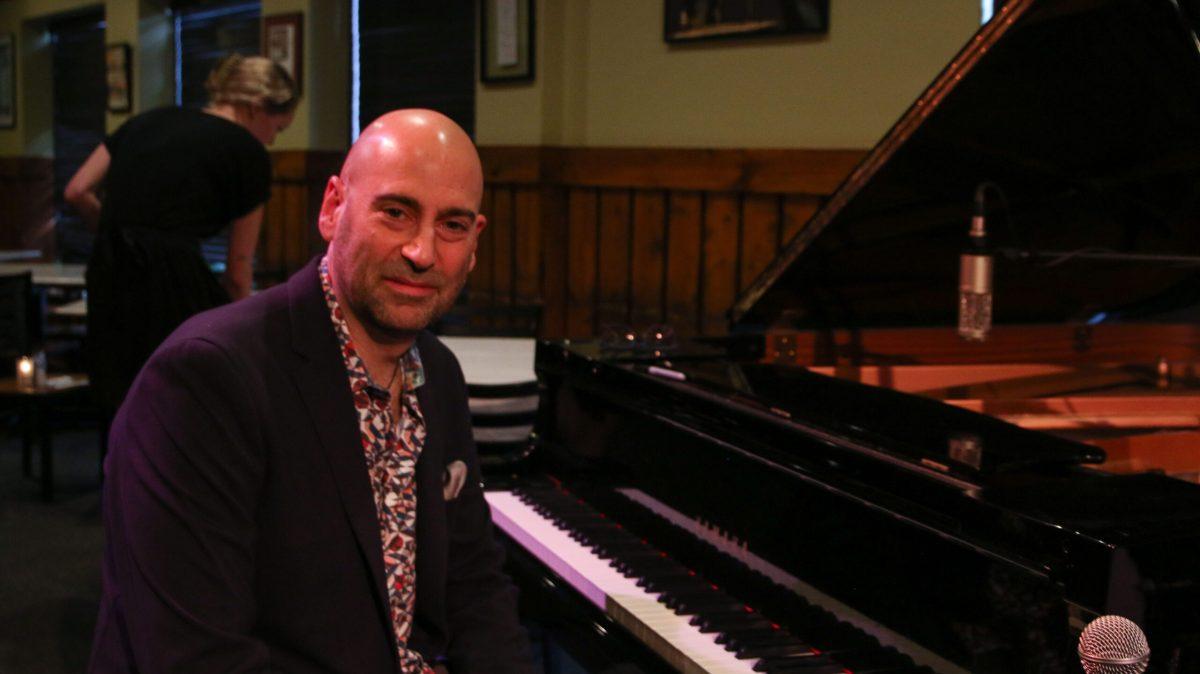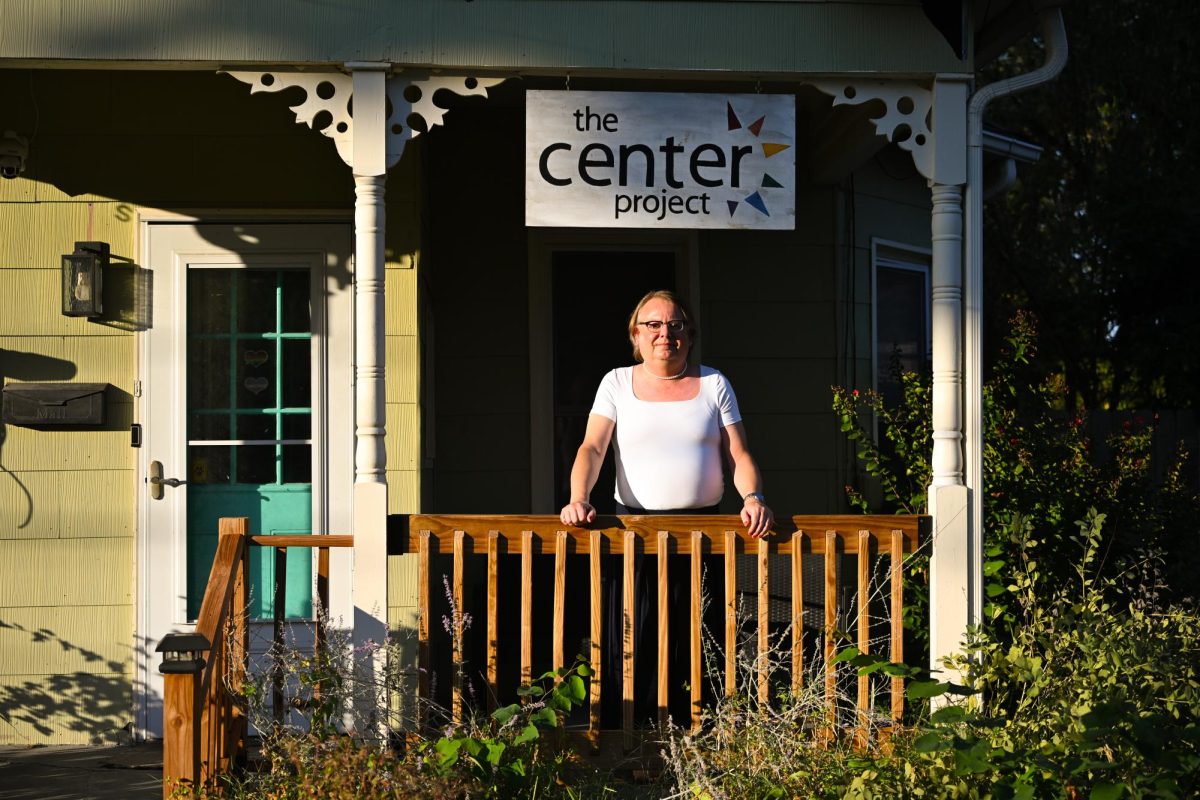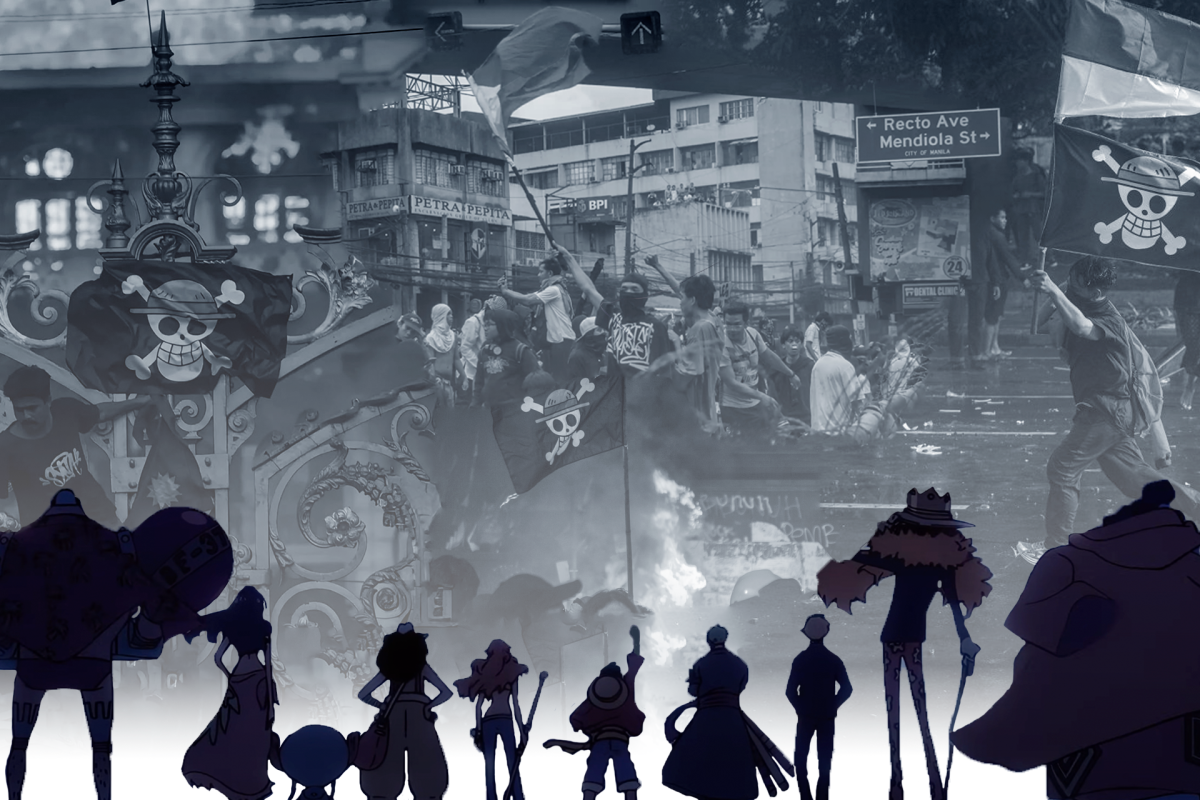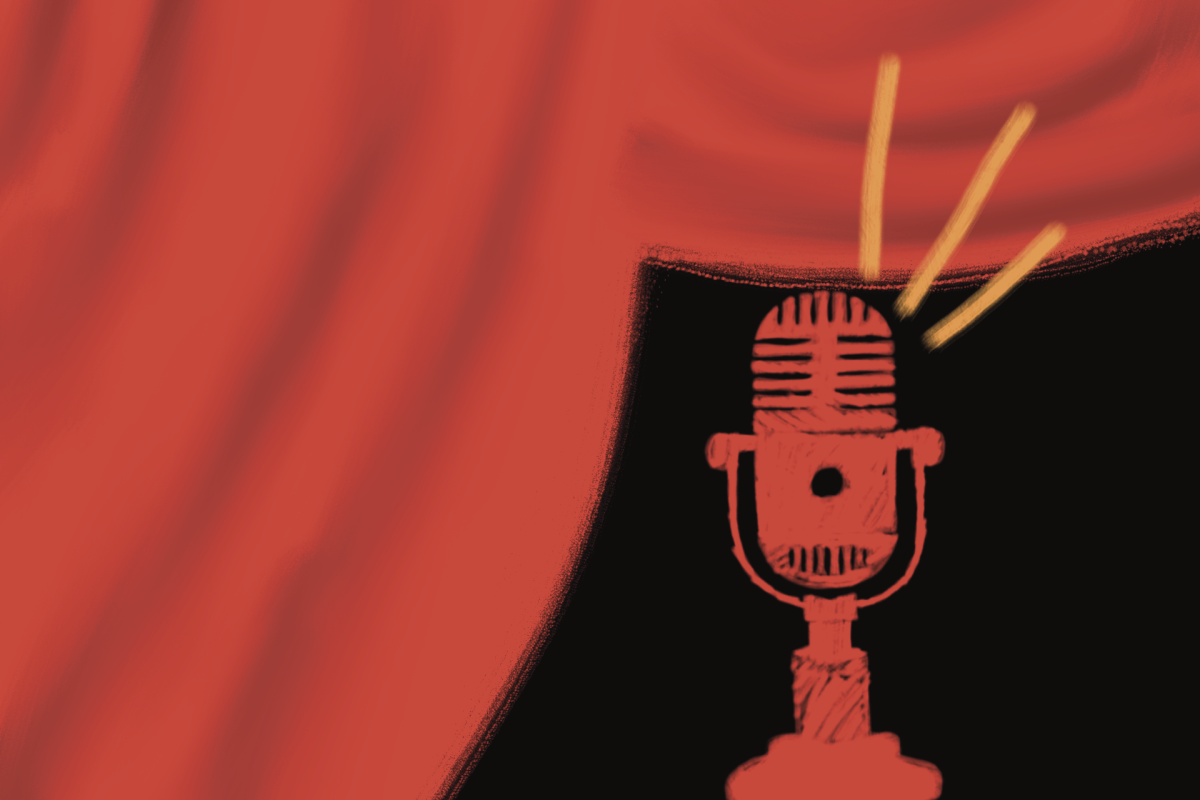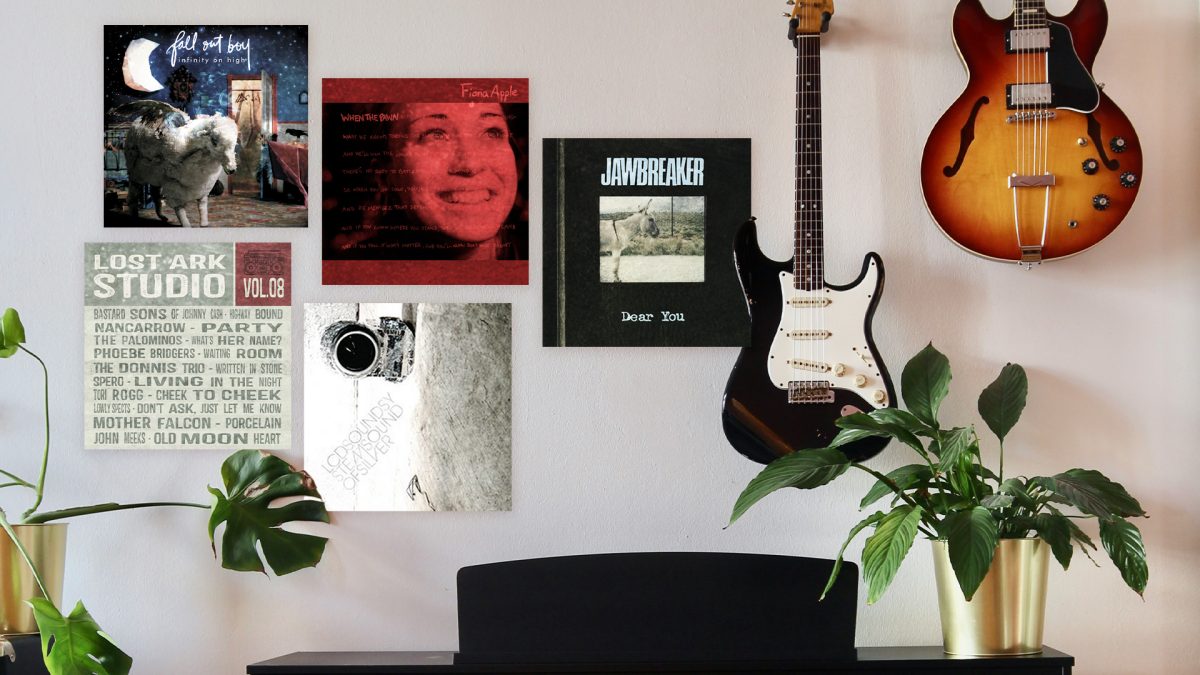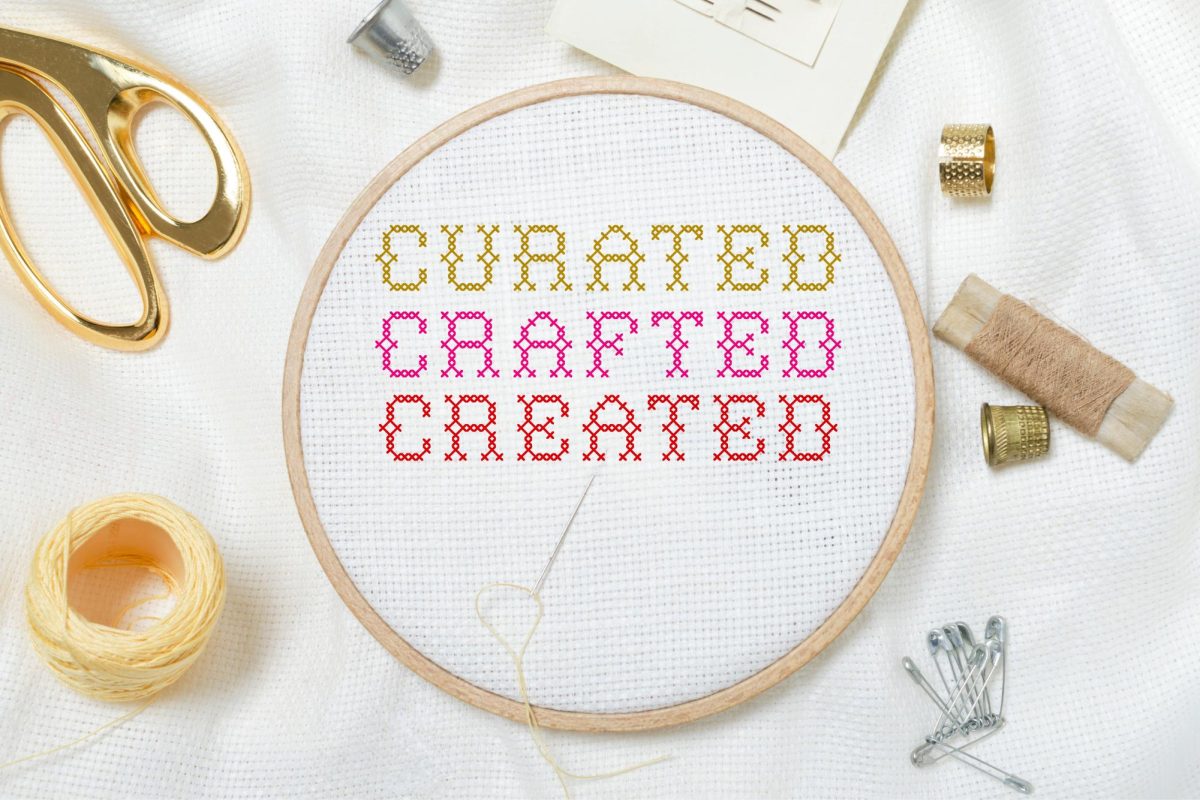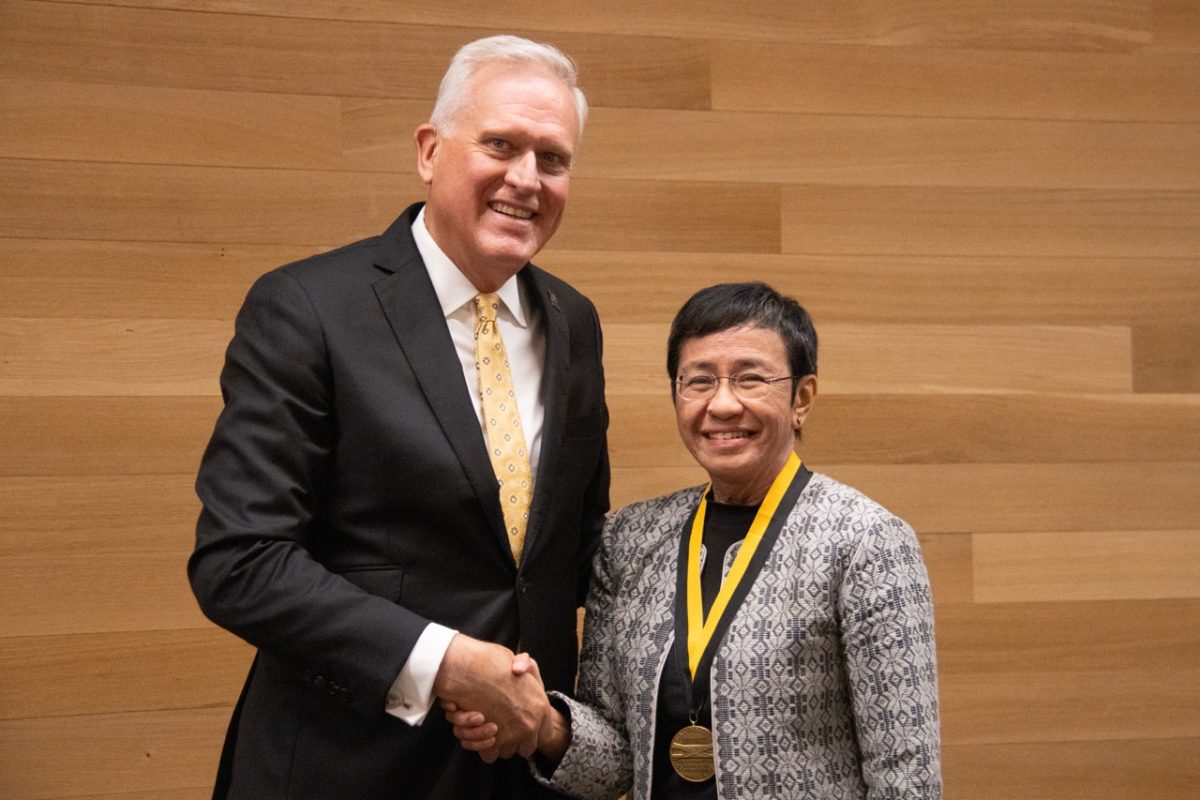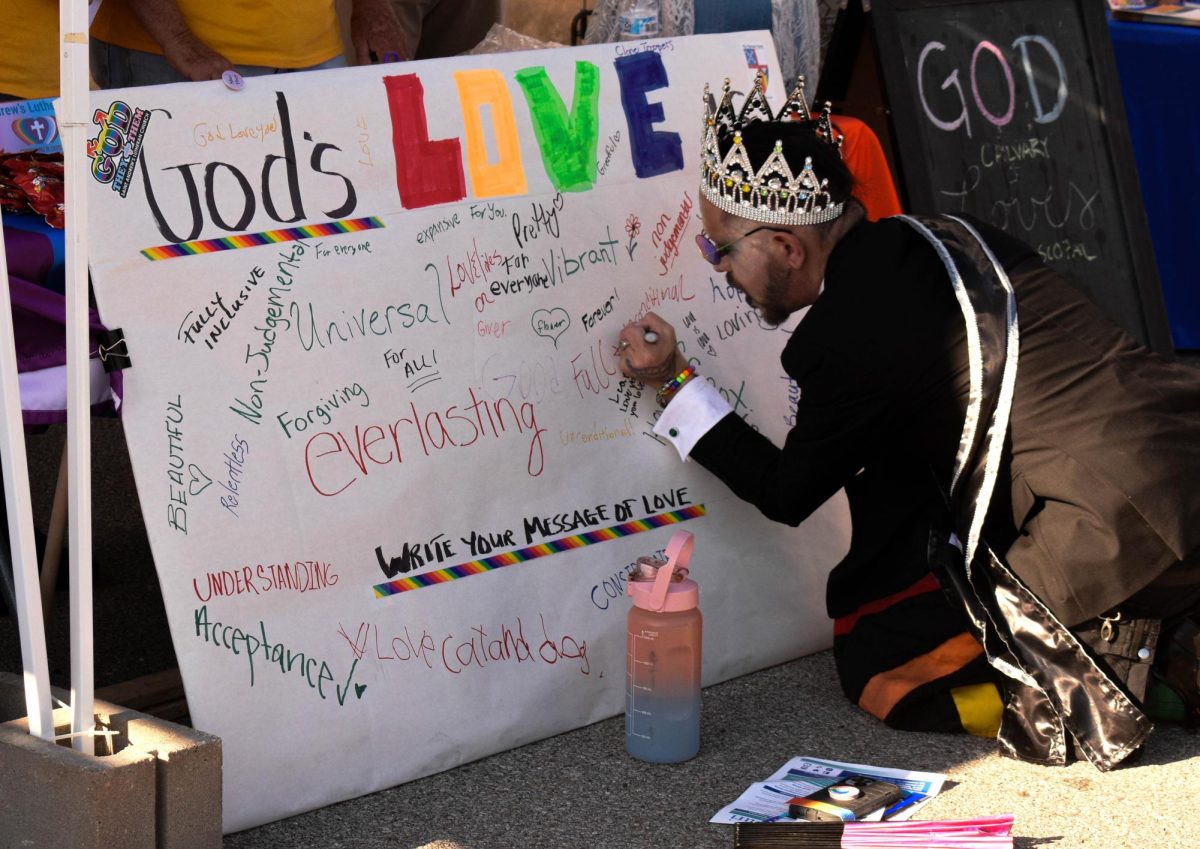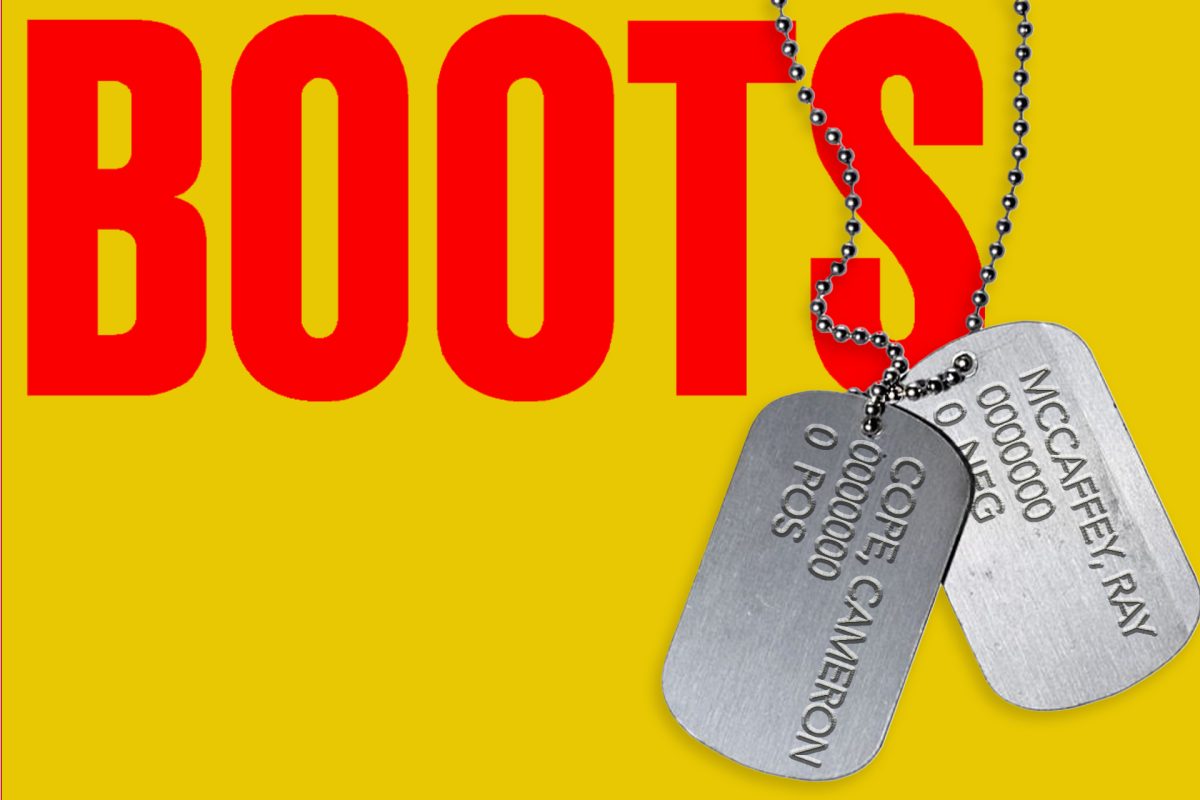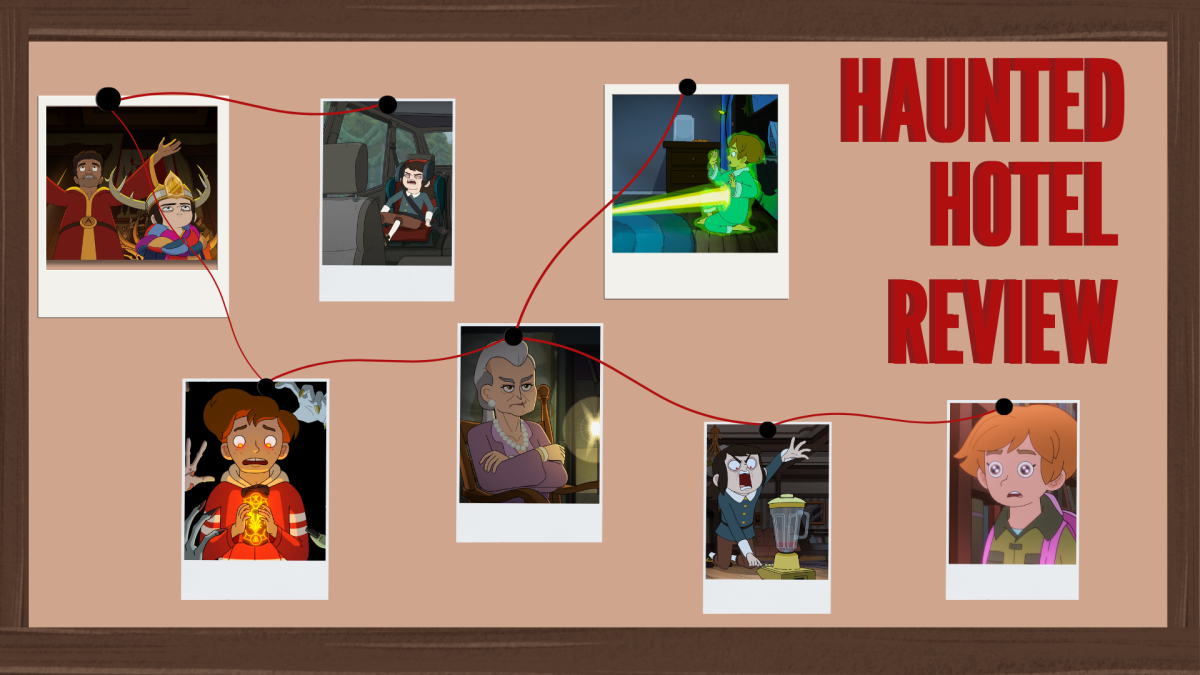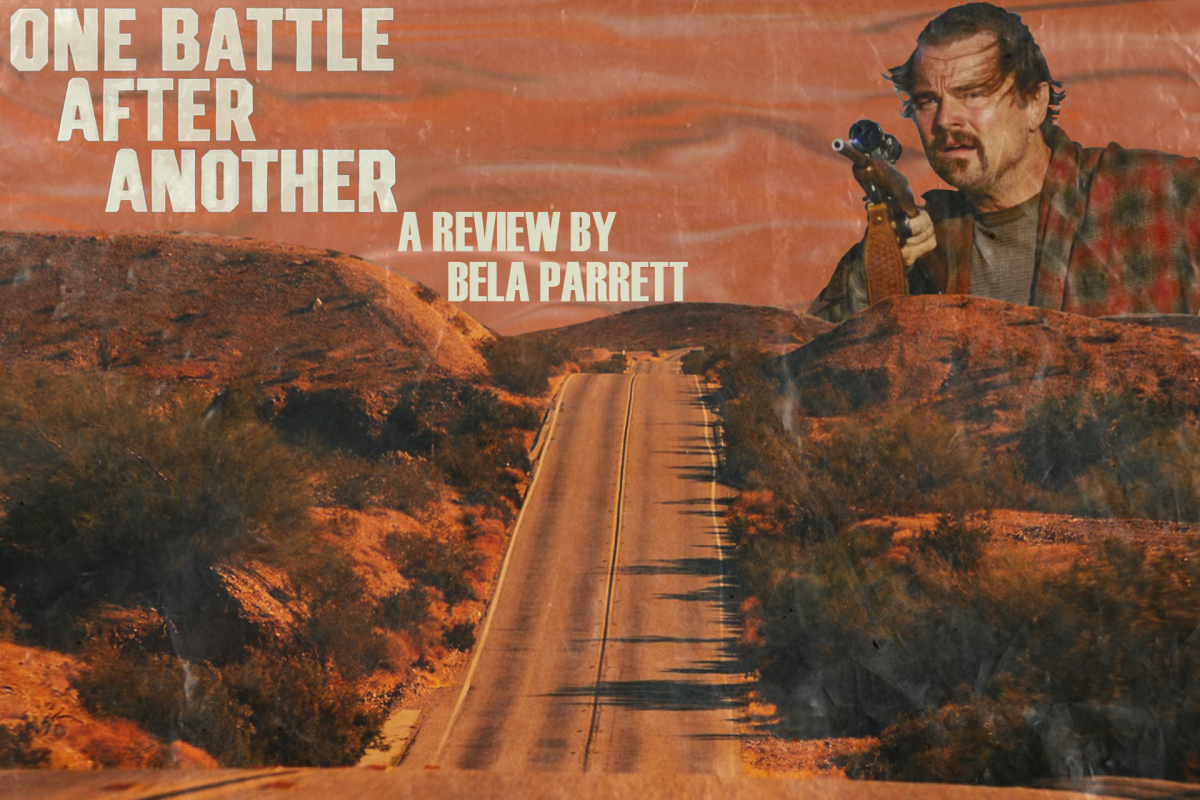The performance at Murry’s featured many new songs, and in an interview, Ryan Cohan elaborated on his musical background.
Pianist and composer Ryan Cohan performed original material with his quartet at Murry’s on March 12. Cohan played alongside saxophonist John Wojciechowski, bassist Lorin Cohen and drummer George Fludas. The quartet was hosted by the “We Always Swing” Jazz Series.
During the performance, the audience was gifted with some of Cohan’s newest musical compositions. Cohan has composed music for every size of the ensemble, from small groups to symphony orchestras and independent films.
“This [performance] is the first time in recent years that I wrote a few tunes or new music for a small group,” Cohan said.
The newer compositions were very harsh. Cohan’s new song “False Prophets” featured driving piano and a modern, dissonant melody. Wojciechowski and Flundas matched the energy of the song with two brilliant solos. During the performance, Cohan said that “False Prophets” was influenced by talking heads in the media. The final song of the evening, “Tough Company,” also featured this more heavy tone.
When writing compositions for small groups, Cohan said he is focused on the playing aspect and the intimate interactions within the ensemble. In solo sections, he writes with restraint so the soloist can have as much space to play without overthinking.
“There’s a story being built with the composition that leads into the improvisation,” Cohan said. “Then the improvisation can be much sparser in terms of the chords and form for the soloist. So they can just express themselves more freely based on the composition.”
Much of the performance’s set list consisted of songs written in tribute to musicians and people in Cohan’s life. In tribute to Mulgrew Miller, the quartet performed a song called “Grew’s Groove.” The band also performed “Monkin’ Around” in tribute to Thelonious Monk.
Perhaps the best tribute song of the evening was “Song for My Grandfather” written by Cohan as a teenager. The song was performed as a duet between piano and saxophone. This dreamlike ballad served as the crescendo of the evening featuring extended solos by Cohan and Wojciechowski.
Cohan’s bandmates — all based out of Chicago — have previously worked together. Cohan recalled collaborating with Wojciechowski since the mid-2010s while working on his album “The River.” Wojciechowski can play many different woodwind instruments including saxophone, clarinet and flute with proficiency, which is called “doubling.”
“He plays all these woodwinds brilliantly, not as secondary instruments,” Cohan said. “Each one could be his first instrument, and he can improvise on each.”
Fludas and Cohan have been playing together since the early 2000s, having met while playing at private parties. Soon after, Fludas became a mainstay in Cohan’s quartet. Meanwhile, Cohan is actually cousins with Cohen on his mother’s side. The two have been playing music together since they were teenagers.
In 2008-2009 Cohan participated in Jazz at Lincoln Center’s “Rhythm Road” which was in conjunction with the U.S. Department of State. Since the mid-1950s the state department has sent American jazz musicians across the globe through different diplomatic programs.
Through this program, Cohan traveled through parts of east Africa, eastern Europe and Amman, Jordan. He found the communicative power of music striking.
“Through music, you can see a person’s humanness; you can see their humanity,” Cohan said.
The area in Jordan where Cohan stayed is the homeland of his father. Cohan says he never really knew his father growing up, as his parents separated when he was a baby. While on tour in the area, people at the embassy asked him if he was Jordanian. He soon realized that he was very close to where his family is from.
“That whole experience prompted me to connect with my father a year later,” Cohan said.
This connection with his roots shines through in his music as well. Cohan’s acclaimed recent album “Originations” features a solid Middle Eastern influence.
“Those melodic and harmonic colors and rhythms have always been in my DNA,” Cohan said. “Then this personal experience that I had led me to dig deeper into it.”
Through this experience, Cohan learned a lot about how to make music that is meaningful to the musician and those around him. His advice to student composers is to study what interests them.
“Always be cultivating and following the music that you love,” Cohan said. “If you like something, follow that. There isn’t one way into [music making].”
Edited by Egan Ward | [email protected]
Copy edited by Ashley Dickey and Lauren Courtney


